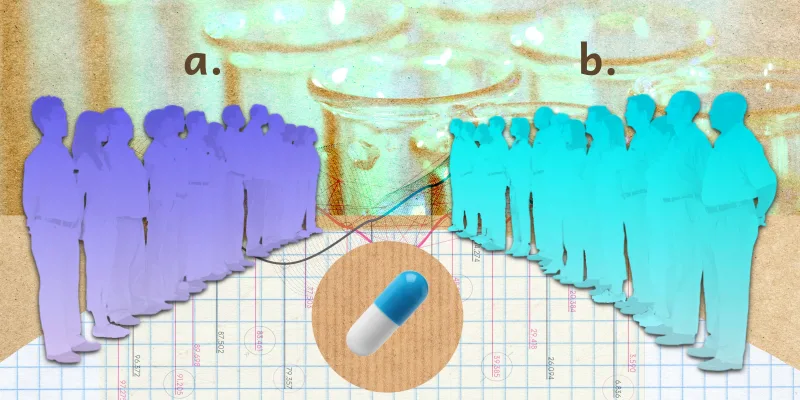In primary care settings across the country, a quiet shift is happening. More and more, patients are addressing their health care clinicians by first names — regardless of whether they’re MDs, DOs, DNPs, or PAs. This trend isn’t a sign of diminishing respect but rather a reflection of evolving patient expectations and an emphasis on personalized, quality care.
Professional debates continue about whether DNPs and other APPs should use the title “Doctor.” Some argue that allowing the use of this title may confuse patients. But in real-world practice, what patients seem to care about most is not the title, but the trust and care they experience during their visit. They’re more likely to remember how they were treated than which letters followed a clinician’s name.
As a DNP, I’ve experienced both ends of the title confusion — being called “doctor” when I’ve introduced myself differently, and being called by my first name even when others in the room are referred to more formally. Early in my career, I found it unsettling. Now, I see it as an invitation to shift the conversation.
It’s not about status. It’s about service.
Patients are more concerned with being understood than with who gets what title. And frankly, that’s where our attention should be, too. Every moment spent correcting someone about a title is a moment that could be used to build trust, explain a care plan more clearly, or reinforce our role on the health care team.
This is especially urgent now, in a world where artificial intelligence is improving rapidly. Algorithms don’t correct patients. They don’t hesitate over introductions. They analyze, predict, and deliver. If our primary concern becomes defending our titles instead of deepening our patient relationships, we risk becoming replaceable, and not by other clinicians. We risk replacement by bots that never get tired, flustered, or offended.
What AI still can’t do is sit in silence with a scared patient. It can’t catch a subtle expression of fear or respond to uncertainty with comfort. It can’t offer the human connection that comes from years of clinical experience and emotional intelligence. That’s our job. And it’s the very thing that keeps us indispensable.
The future of health care is collaborative. Whether you’re a physician, an NP, a PA, or someone else entirely, the most valuable thing you can bring into the room isn’t a title — it’s presence, clarity, and compassion. Patients remember who stayed late to call them with test results, who explained their options without rushing, and who made them feel seen.
So if a patient calls you by your first name, or calls you “doctor” even when that’s not your credential, take a breath. Listen to what they’re really saying. They trust you. They feel cared for. That’s the win.
Because at the end of the day, they won’t remember what we were called. They’ll remember how we made them feel.
What are some moments in medicine where your humanity has been more important than your title? Share in the comments.
Vasumathi Nallusamy, DNP, FNP-C, is a board-certified family nurse practitioner with over 12 years of experience across diverse clinical settings. She currently serves veterans as a PCP at the U.S. Department of Veterans Affairs, with a strong focus on patient-centered care, interdisciplinary collaboration, and evidence-based practice.
Illustration by Jennifer Bogartz






